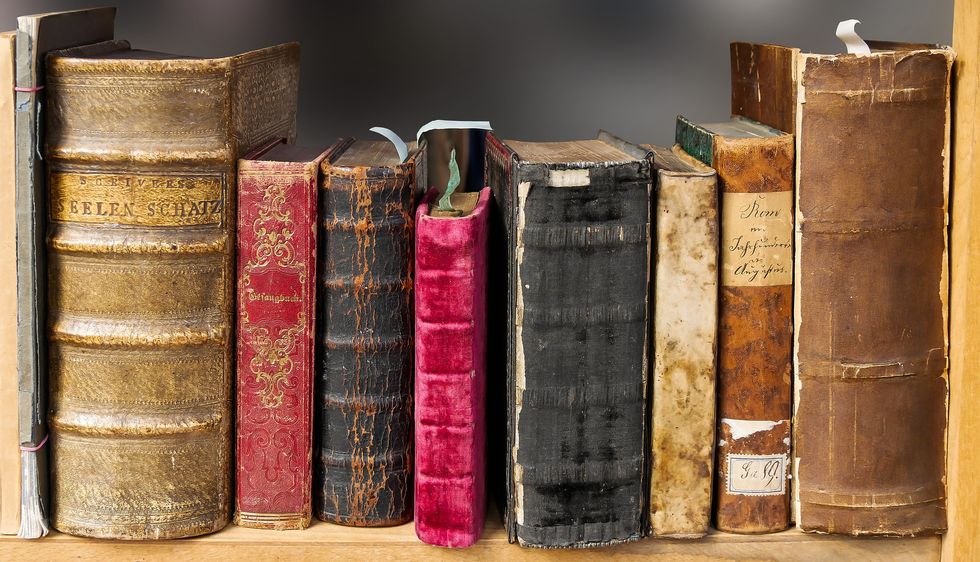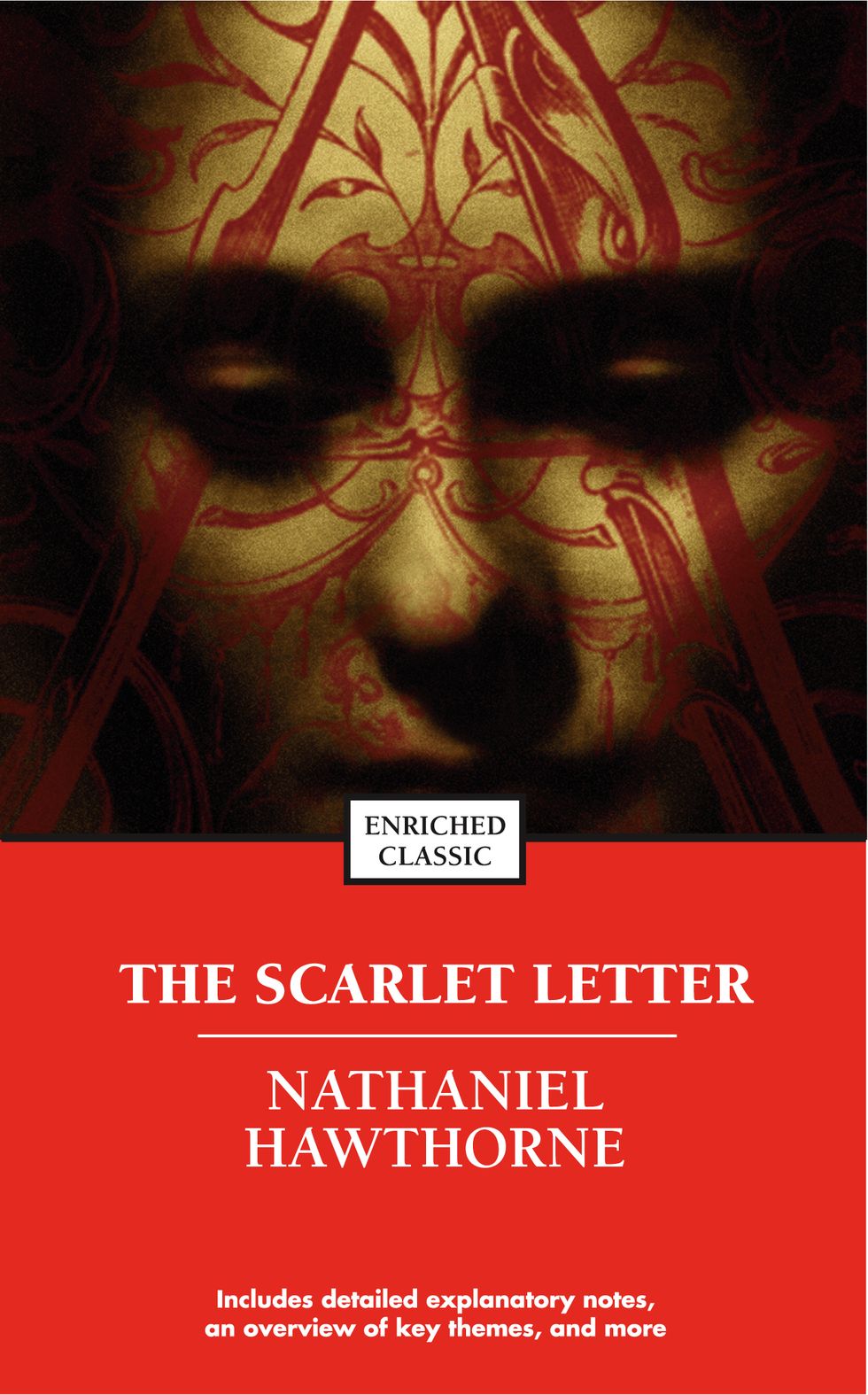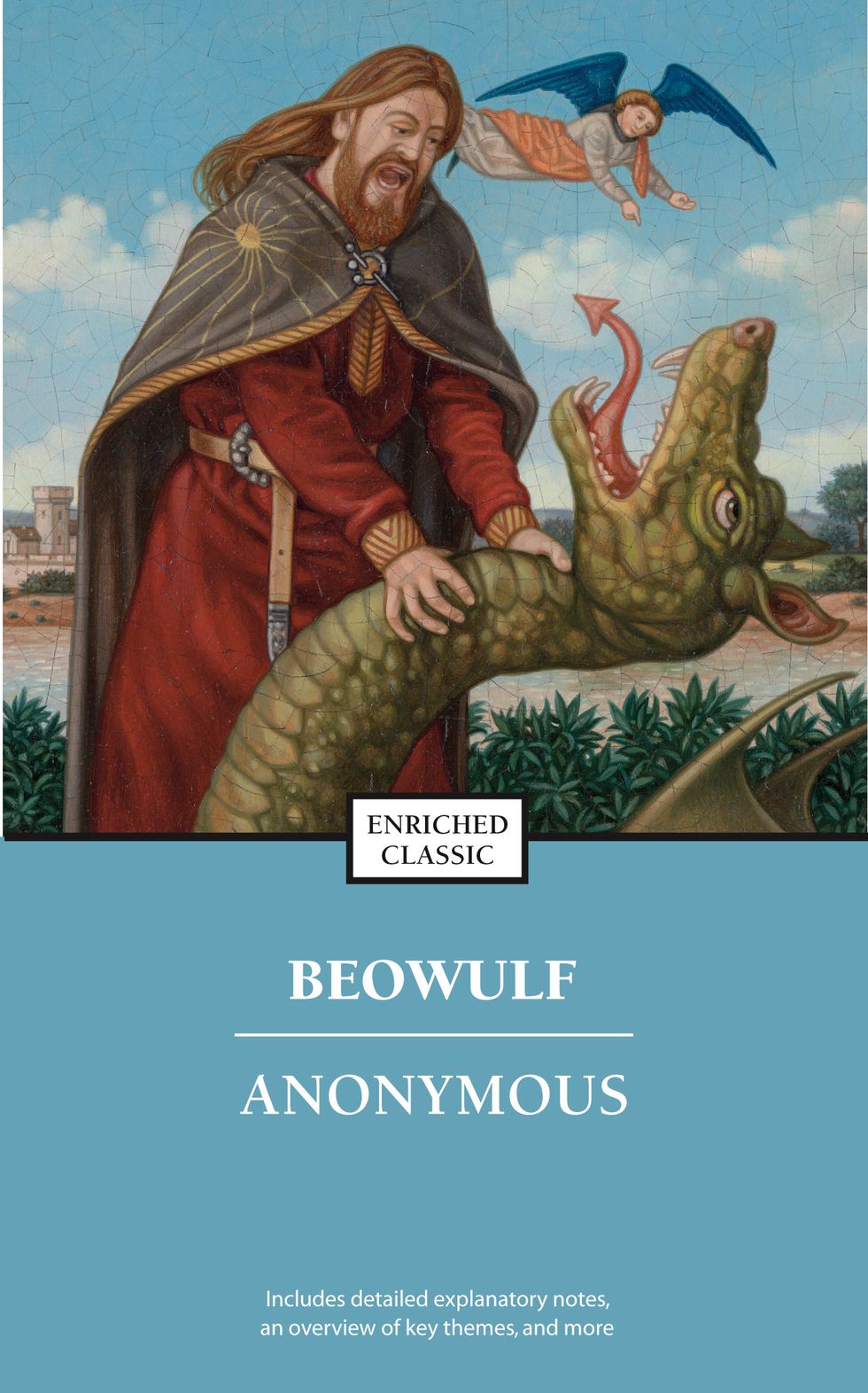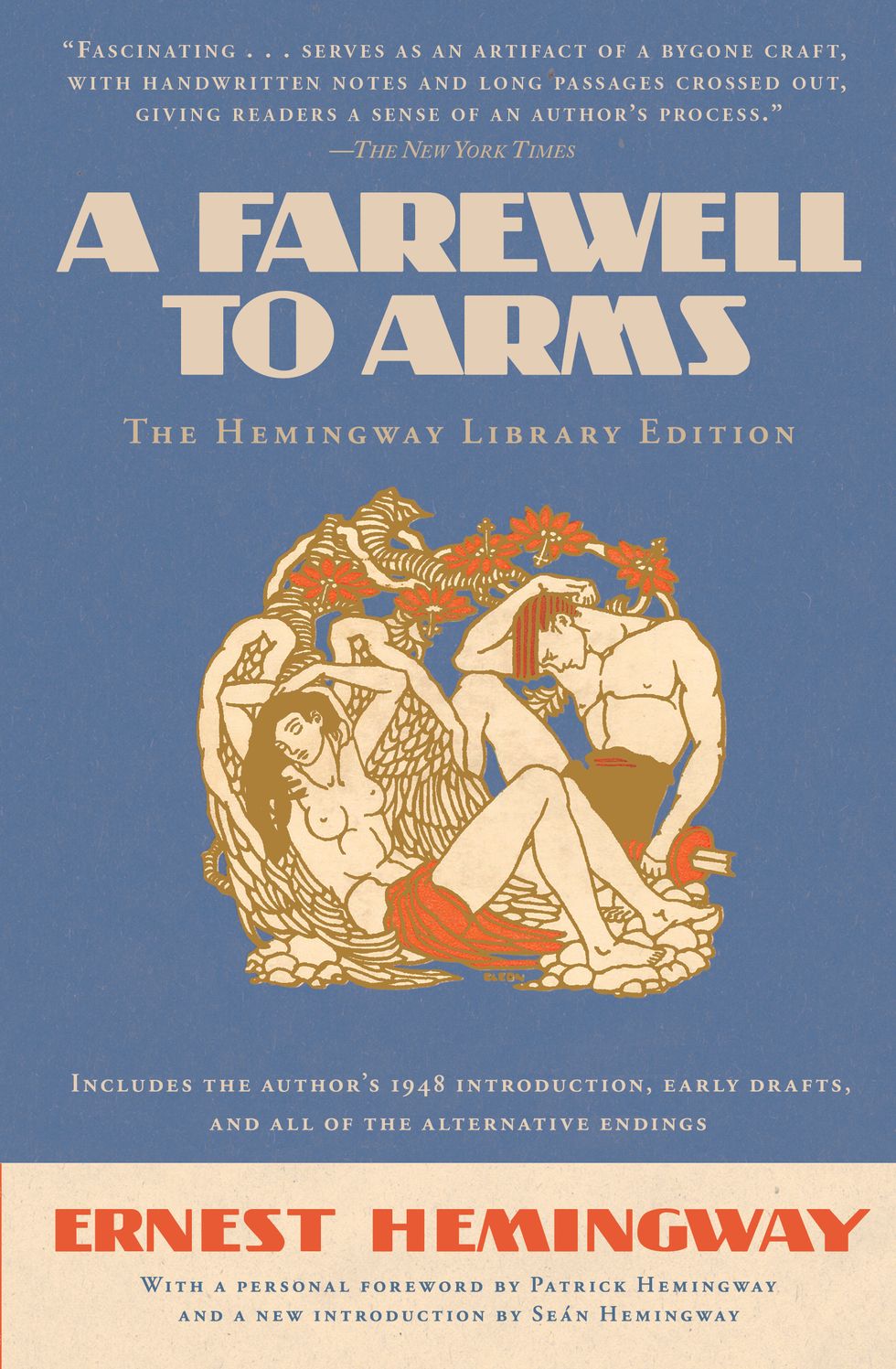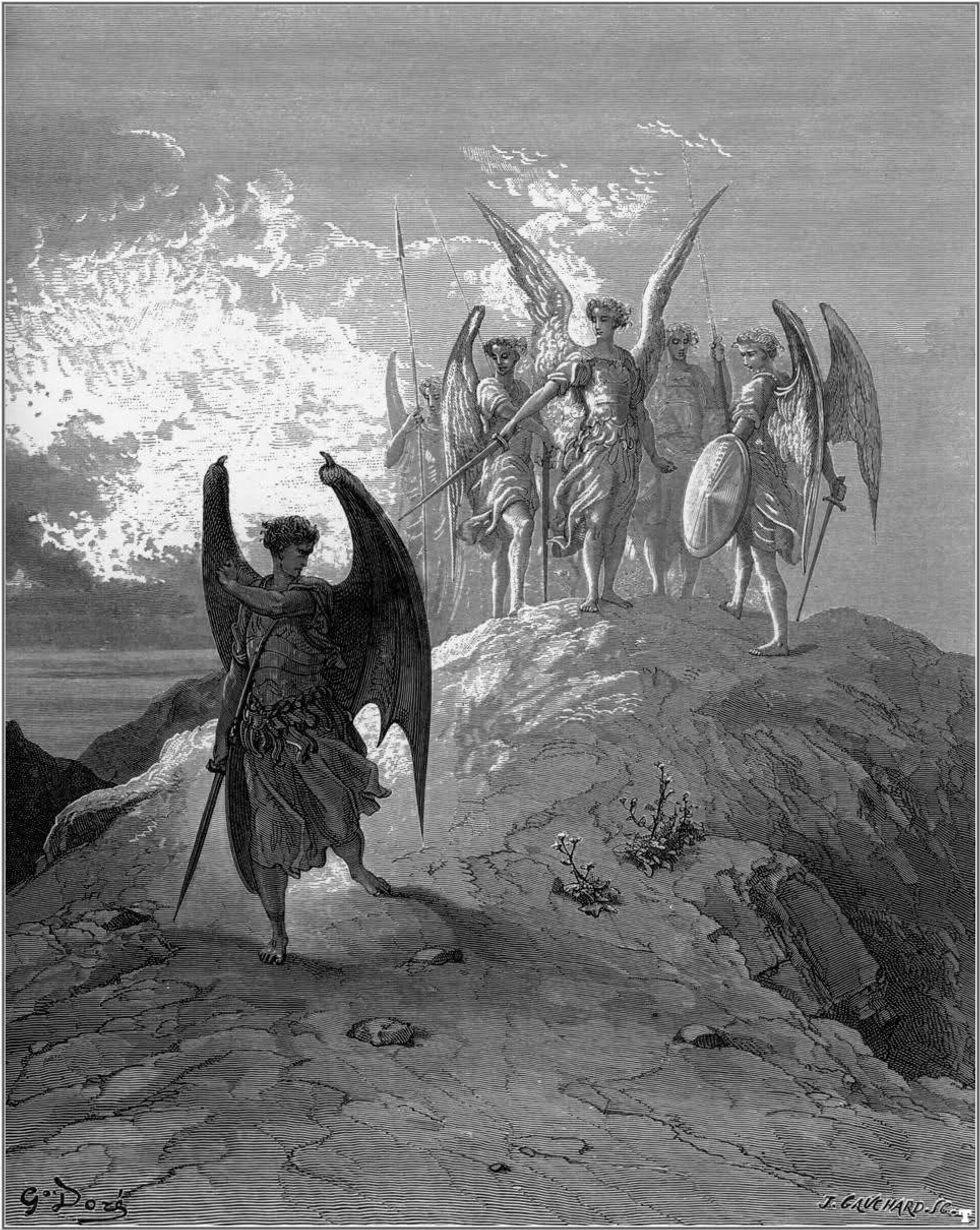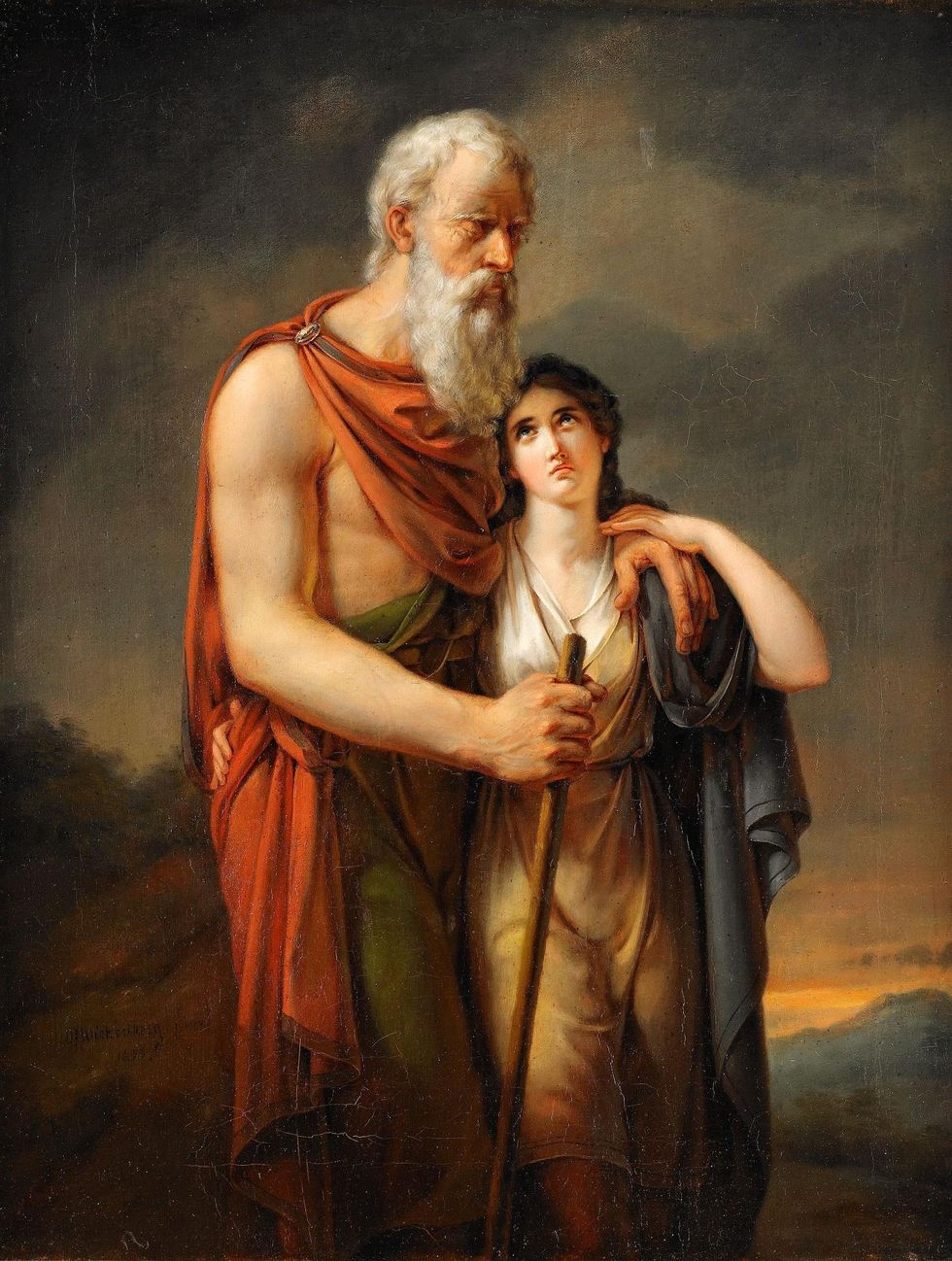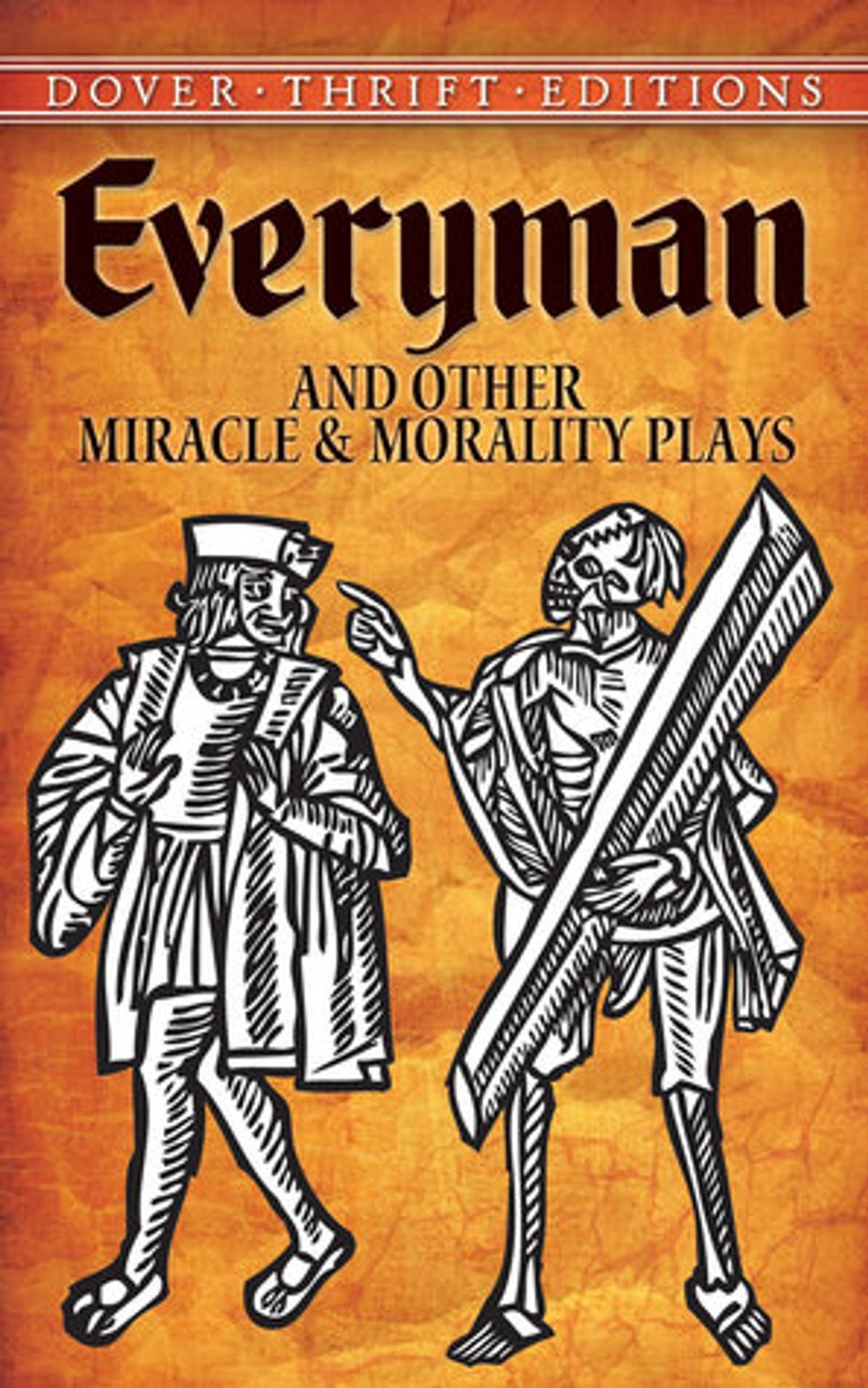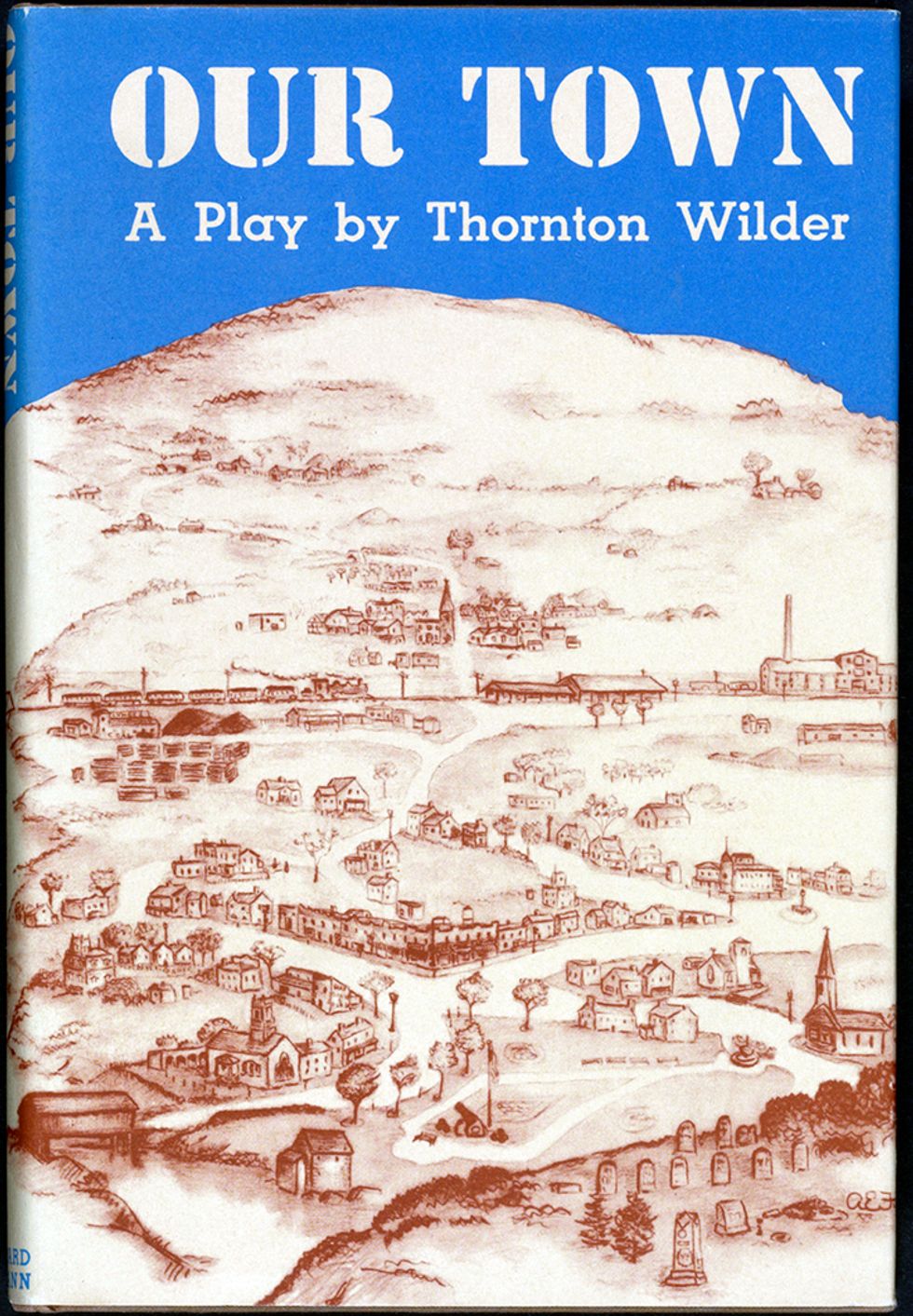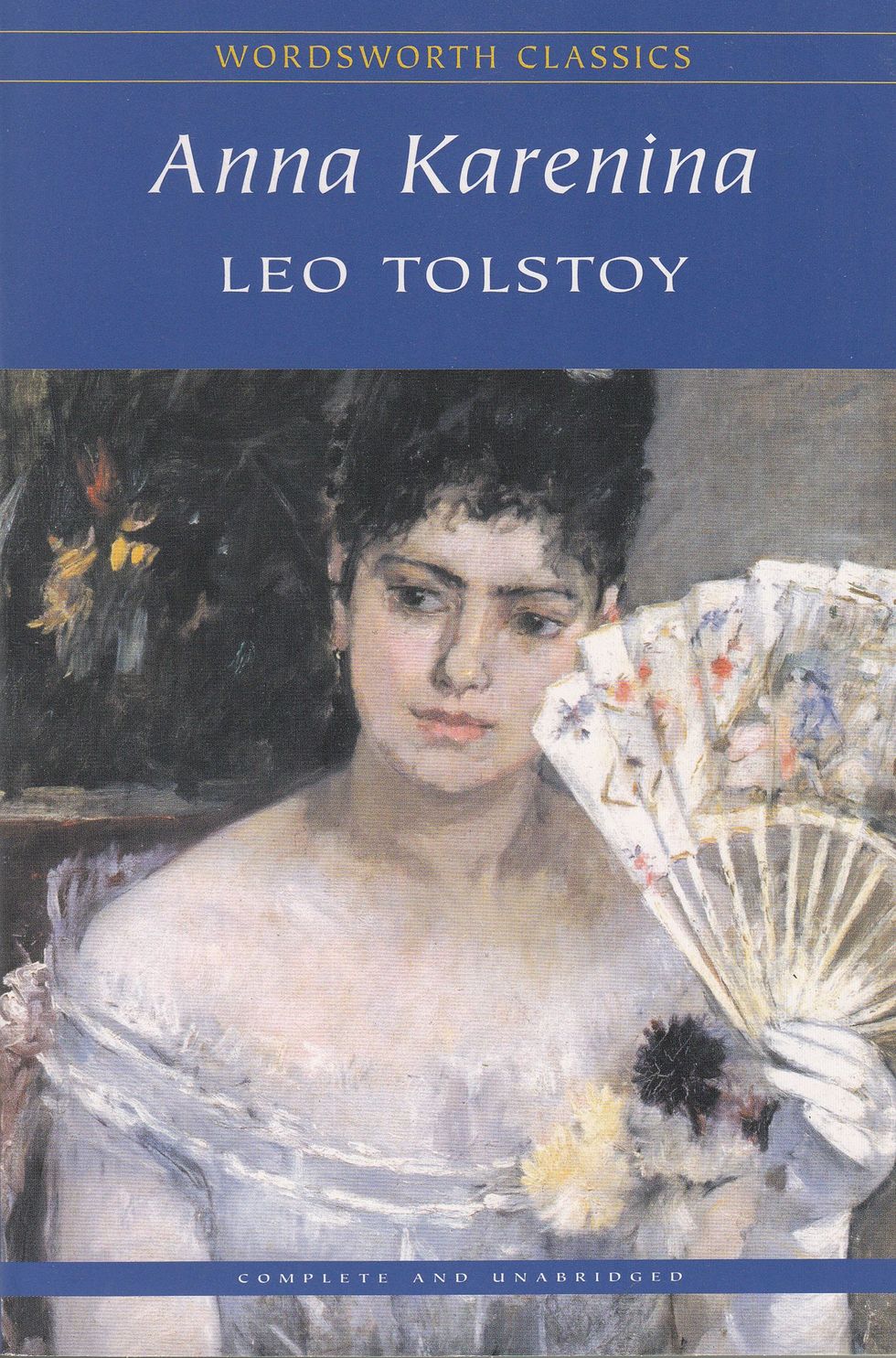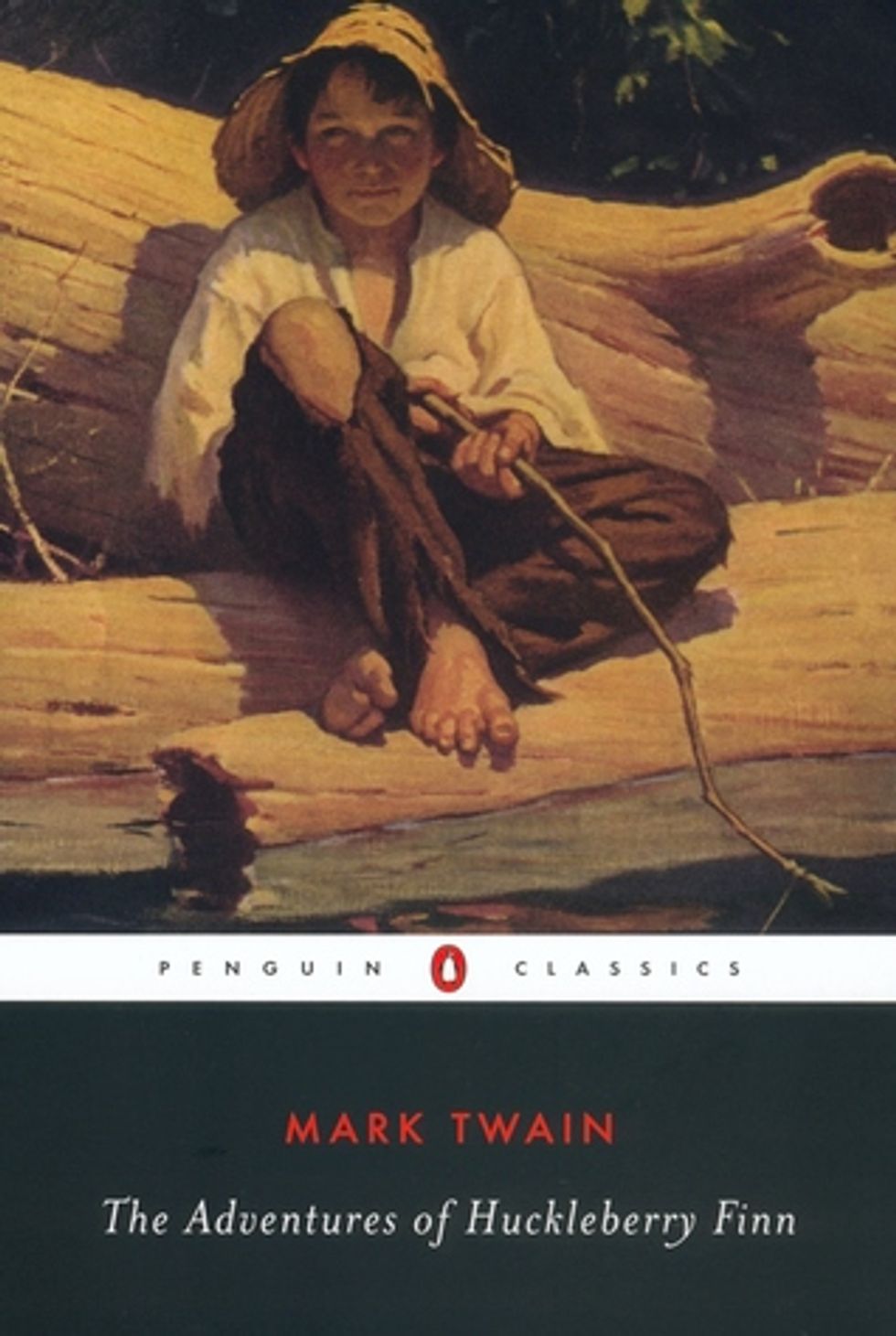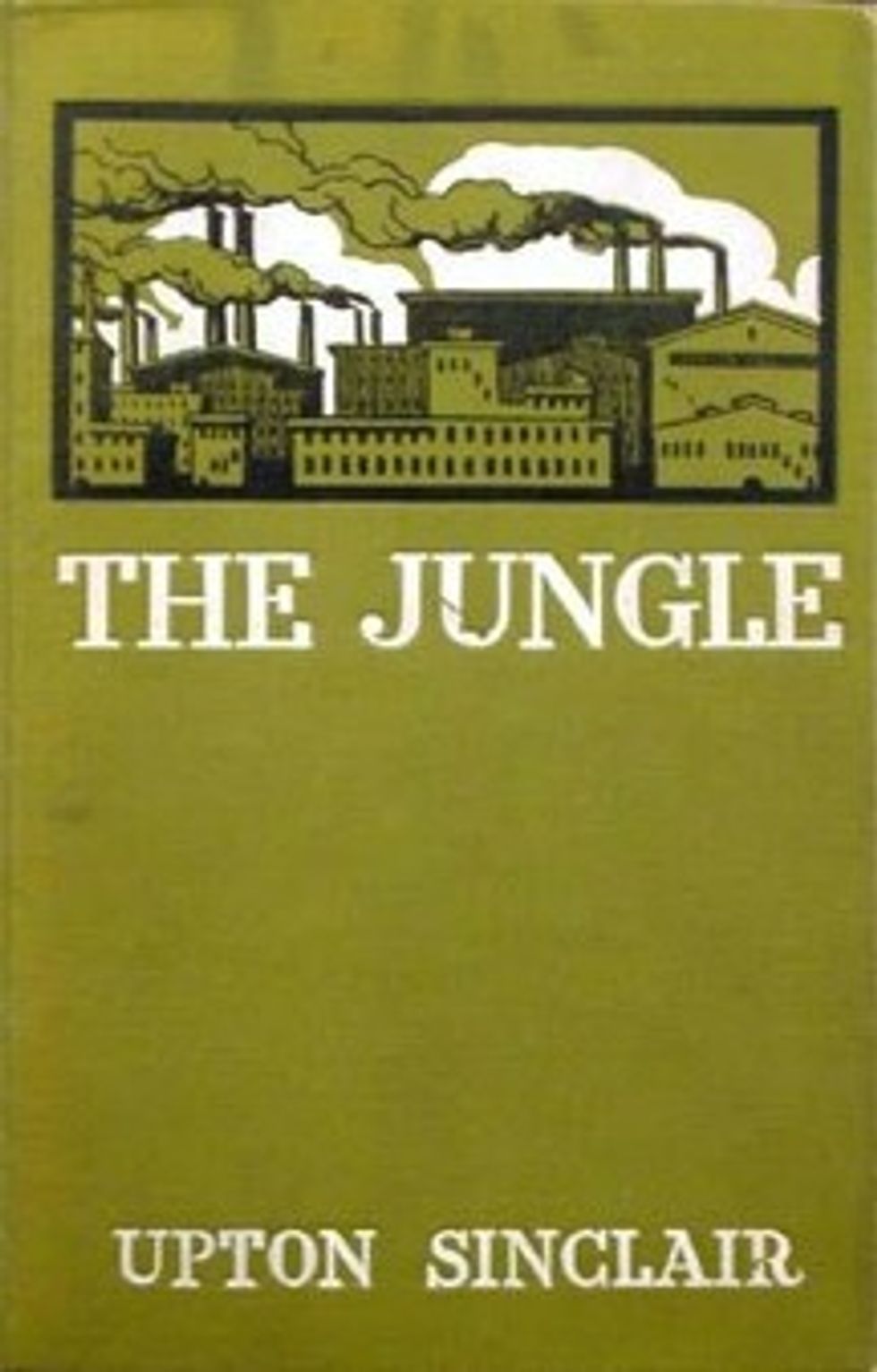My sophomore year of college has arrived and has now fully settled in, and with this, I can say that I have also welcomed in a new, perhaps older outlook on the way that literature and text are studied. My classes are becoming more mature in concept and I’m growing to find that there’s something important, crucial even, that has to be considered when reading and analyzing and theorizing: you don’t have to like what you read.
That is not to say that you should spend your days slaving away at Dostoyevsky if your heart cries for Jane Austen. But not everything you’ll ever read necessarily has to be likable, and just because it isn’t likable doesn’t mean it isn’t important. Some of the most (in my honest but 100% objective opinion) boring, drags-on-forever, dense and unenjoyable pieces of literature are those that you will most certainly need later in life, let it be in the world of academia, or even when watching a TV sitcom and understanding a reference. Knowledge is knowledge, no matter how interesting. So it is with my unsavory understanding of the literary sphere that I present to you a list of books and texts that you should definitely read, but never have to revisit.
1. The Scarlet Letter
The 1850 Nathaniel Hawthorne classic, "The Scarlet Letter," is taught at most levels of advanced literature for its abundance of imagery and metaphor, and themes of adultery, scandal, and religion during a more conservative era. What this book is lacking in, however, is any form of emotional connection drawn between the reader and the characters (no doubt because Hawthorne didn’t desire any sympathetic reading to be done towards the main character, the young, impregnated-by-a-priest, and alone, Hester Prynne). This dry, unforgiving read is also laced with tones of sexism, extremely religious virtues, and the general malaise of the mid-19th century.
2. Beowulf
Often cited as one of the most important pieces of Old English literature, "Beowulf" is set in Scandinavia and there’s a sad monster named Grendel (who then becomes the sad and dead monster), and Swedish kings and dragons and- blah, blah, blah- it’s horribly boring. While it is so important because it is, in fact, one of the oldest written pieces of English literature ever, it reads that way. Though, perhaps poetic in format, it is no more poetic than the nutrition label on a cereal box. History can be interesting, "Beowulf" is not.
3. A Farewell To Arms
Set during the Italian campaign in the first World War, Hemingway in no way could have done a finer job of presenting World War I. It was one of the first really realistic war novels, and while it follows a love affair between an American soldier in the Italian foreign legion and a woman, the novel is hardly romantic. I’ve read that there’s some amount of romanticizing of war in this book- which would only make sense because Hemingway loved a good fight and so why not write one- but perhaps to the modern reader, this romance is lost. I thought that maybe I was missing something because I’m not a big fan of war novels, but no, this book is one-hundred-percent dry as an overcooked pork chop.
4. Paradise Lost
If you ever want to be able to say that you’ve read anything in this world, it’s "Paradise Lost." Front to back, Milton’s late 17th-century epic poem features an incredibly biblical cast of characters, the devil himself being the most interesting (shocking, I know). There are a lot of really interesting quirks in this piece on how the universe and all the divisions of eternity beyond earth came to be. However, it’s gone over so many times in class that all the readings of it that might, to some degree, be considered interesting, become completely overdone motifs and in turn absolutely miserable. It’s unfair of me to say that it’s not interesting, but if you read it once, and I mean really read it, you’ve accomplished more than most of the world, and I congratulate you.
5. Antigone
The daughter and the sister of Oedipus, Antigone is one fierce lady. She stands by her brother’s side in the time following his death, and Sophocles writes her out to be one heck of a heroine, willing to struggle for her cause, much as her FATHER/BROTHER DID FOR HIS MOM/WIFE. This concept is obviously not as weird to the Ancient Greeks as it is to us, however, I will say that it’s incredibly distracting throughout the course of the already incredibly dense play. Read it once, see it even, and then put it on the shelf with all your other trophy reads.
6. Everyman
Speaking of plays, every man I know thought this play was horrible, myself included. It’s not long, which is great, and it’s a morality play which means that you can read it and then understand a whole genre of plays which follow along with the same 16th-century premise. You suffer through one, you’ve essentially suffered through them all, go you!
7. Our Town
Another play that is sure to have you jumping out of your seat, to go get a snack, and sit back down, and remember that you need to read it because it is interesting in concept and will eventually work in favor of your intellect. Thornton Wilder wrote this play in the metatheatrical setting, meaning there are no walls to be broken, everybody knows where they are. It represents life in the great American somewhere (New Hampshire), and it was meant to be done dryly and simply, such were Wilder’s intentions. Spoiler: he succeeded.
8. Anna Karenina
I’m speaking of "Anna Karenina" abstractly here, in that everyone should read something in the form of "Anna Karenina." Russian literature of the late 19th and early 20th century often speaks wonders to the social structure and societal functions of Russia, which is really interesting as a greater concept. If ever given the opportunity, it should be read about and researched because it’s actually important to understand Russia now and the history of the world as a whole. But it’s dense, so dense, and the writing style is often dry and unforgiving, like an ice-cold glass of literary vodka. Only there’s nothing to chase it down with, so stop being a bitch and take that Tolstoy down.
9. The Adventures of Huckleberry Finn
I feel glutton for criticism by writing this, but Twain is unfortunately dated. The writing, the “satire,” and “humor” are almost completely lost on our 21st-century noggins. While I’m certain it spoke wonders to its contemporaries, Twain is good for understanding the greater history of American writing and otherwise, most enjoyment is lost. There’s also a lot of good American history written in there, so after some digging, you’ll find that while Twain might be a one-night fling, he’ll be the one you’ll remember for a good amount of time.

